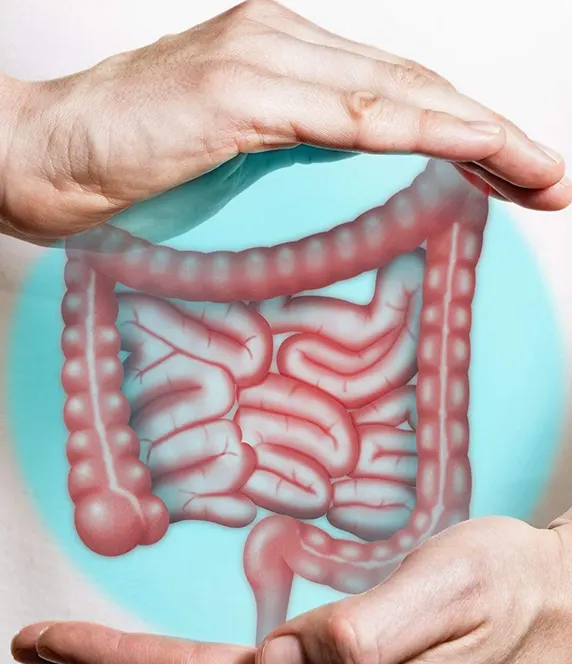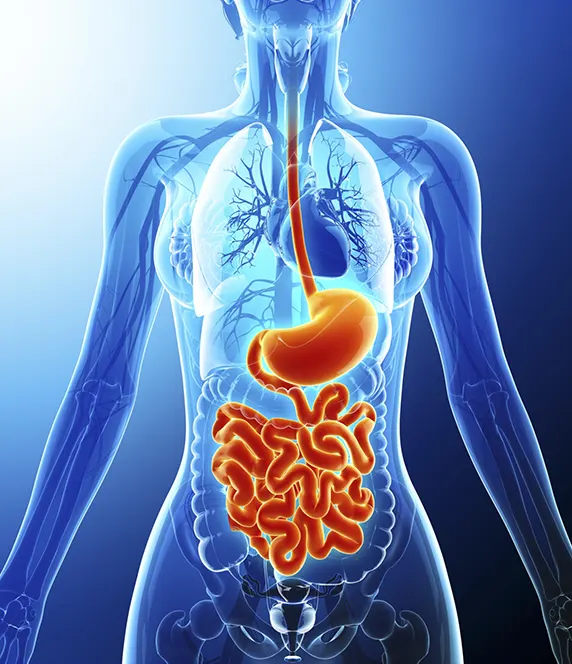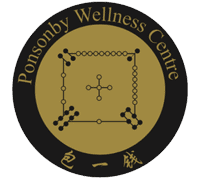Call Us - 021 215 9963

Currently, gastrointestinal disorder is a major issue we face here in NZ, disrupting the everyday tasks of many individuals.
Limitations of Traditional Approaches To Managing GI Issues
The traditional medicine approach tends to have fairly average outcomes, but it often comes with unwanted side effects and a rise in healthcare usage. As a result, there’s a growing interest in seeking alternative treatments to cure issues like irritable bowel syndrome (IBS).
Science Supports Acupuncture For Help With GI Issues
Scientific research into the effects and mechanisms of Chinese acupuncture for gastrointestinal diseases, including inflammatory bowel disease, has been rapidly growing in the past several decades.
Acupuncture is known as a complementary therapy that has been used to help address a variety of digestive conditions, including digestive symptoms associated with IBS and functional gastrointestinal disorders (FGIDs).
How Acupuncture Works To Help
Acupuncture points (acupoints) are special nodes (or outlets) on the meridians that are channels connecting to specific organs, modulate related body function, and carry “qi,” a vital force flowing throughout the body. It is believed that when “qi” flow in meridians/channels is impaired or out of balance, organ dysfunction occurs, and associated illness ensues.
According to the channel theory, acupuncture stimulates “qi” flow along an involved channel and normalizes “qi” imbalance, thus helping to restore related organ function, by alleviating IBS symptoms such as abdominal pain, bloating, constipation, and diarrhoea.
Inflammatory bowel disease (IBD)
Inflammatory bowel disease (IBD) is a complex chronic disease with a prevalence of 0.3% to 0.5% in North America, Europe, and Oceania. It affects approximately 1.6 million Americans, with an annual financial burden of approximately $31 billion.
Although various medications are available to reduce disease activity, all have limitations and potential complications. In addition, current medical therapies mainly focus on immune modulation but lack a systemic approach to address the multifaceted aspects of IBD that go beyond inflammation and include gut microbial imbalance, intestinal barrier dysfunction, gut motor/sensory dysfunction, and psychological factors in the bowel.
It has been estimated that almost half of IBD patients seek complementary and alternative therapies, including acupuncture
Numerous studies have also been performed to assess the therapeutic potential of acupuncture for managing and treating various gastrointestinal (GI) disorders, with some promising effects on GI symptoms and inflammation.


Irritable Bowel Syndrome Visceral Hypersensitivity(IBS
Many patients with IBD have superimposed irritable bowel syndrome (IBS). One study of 62 CD and 44 UC patients showed that IBS-like symptoms were common, with 59.7% of CD and 38.6% of UC patients having coexistent IBS. In a meta-analysis of studies containing 1703 patients, the prevalence of IBS was 39% in IBD, specifically 46% in CD and 36% in UC.
In such cases, acupuncture is effective in helping to ameliorate symptoms of IBS, possibly via inhibition of visceral hypersensitivity. In one of the studies, electroacupuncture at acupoints PC6 and ST36 increased the threshold of rectal sensation to rectal distension in patients with diarrhoea-predominant IBS.
Another study assessed 58 patients with IBS-related diarrhoea who received acupuncture 3 times a week for a period of 4 weeks and found that acupuncture was associated with improving symptoms related to diarrhoea and abdominal pain.
Bao et al. performed a multicenter, randomized, placebo-controlled trial for moxibustion at acupoints ST25 and ST36, with 3 treatment sessions per week for a period of 6 weeks. They demonstrated that moxibustion treatment ameliorated symptoms score, quality of life, and Bristol stool form scale in 104 patients with IBS-related diarrhoea.
In addition, a meta-analysis of 17 randomised controlled trials involving a total of 1333 patients confirmed similar results, proving that acupuncture treatments helped to improve symptoms related to abdominal pain and diarrhoea in patients with diarrhoea-predominant IBS.
Symptoms related to GI Dysmotility
GI dysmotility can occur in patients with IBD and may lead to symptoms mimicking those of IBD when IBD is in remission or inflammation is subsiding. Ongoing symptoms in such situations may be related to autonomic abnormalities in patients.
Evidence for GI dysmotility in IBD patients includes the following:
- Delayed gastric emptying was reported in about 30% of children with CD and was associated with higher disease activity in IBD. Additionally, resulting in dyspeptic symptoms in patients with inactive CD.
- Small bowel motility functions such as contractions and propagations were impaired in CD and post-proctocolectomy UC and were correlated with inflammatory activity (measured by CRP and calprotectin levels) during CD flares.
- Colonic motility patterns of diarrhoea in patients with UC were characterized by a reduction of colonic contractility, acceleration of colonic transit, and enhanced propulsive activity of the colon.
Acupuncture has been extensively investigated in GI dysmotility and is effective in improving multisegmented dysmotility through modulation of autonomic nervous system function from the oesophagus to the colon.
Although most GI functional studies involving acupuncture were not performed in IBD or colitis models, the anti-dysmotility properties of acupuncture may be an additional beneficial target for ameliorating gut motor dysfunction in IBD.

How Acupuncture can help in treating digestive issues?
Acupuncture helps balance out the gut-brain connection and the nervous system to ease stress, which improves digestion. A side effect of an overly active sympathetic nervous system is poor digestion. Acupuncture also helps lowering pain and swelling, which helps control stomach acid and encourages movement in the intestines.
Acupuncture helps balance out the gut-brain connection and the nervous system to ease stress, which improves digestion. A side effect of an overly active sympathetic nervous system is poor digestion. Acupuncture can also help reduce pain and swelling, which helps control stomach acid and encourages movement in the intestines.
At Ponsonby Wellness, we often use Chinese herbs for IBS-related symptoms, along with acupuncture for pain relief. They’re taken internally and work to improve digestion, like dietary supplements or diet changes. Acupuncture, as a part of Chinese medicine, is a natural healing modality which can potentially help relieve symptoms such as bloating, constipation, IBS, acid reflux, etc.
The most widely used acupuncture points for addressing symptoms related to digestive disorders are typically those related to the stomach and large intestine. It’s important to remember that instead of solely treating the main symptoms, traditional Chinese medicine (TCM) takes a holistic approach that deals with the interrelated patterns of imbalance in the body to relieve pain. To know more, get in touch with the experts in the field today!
